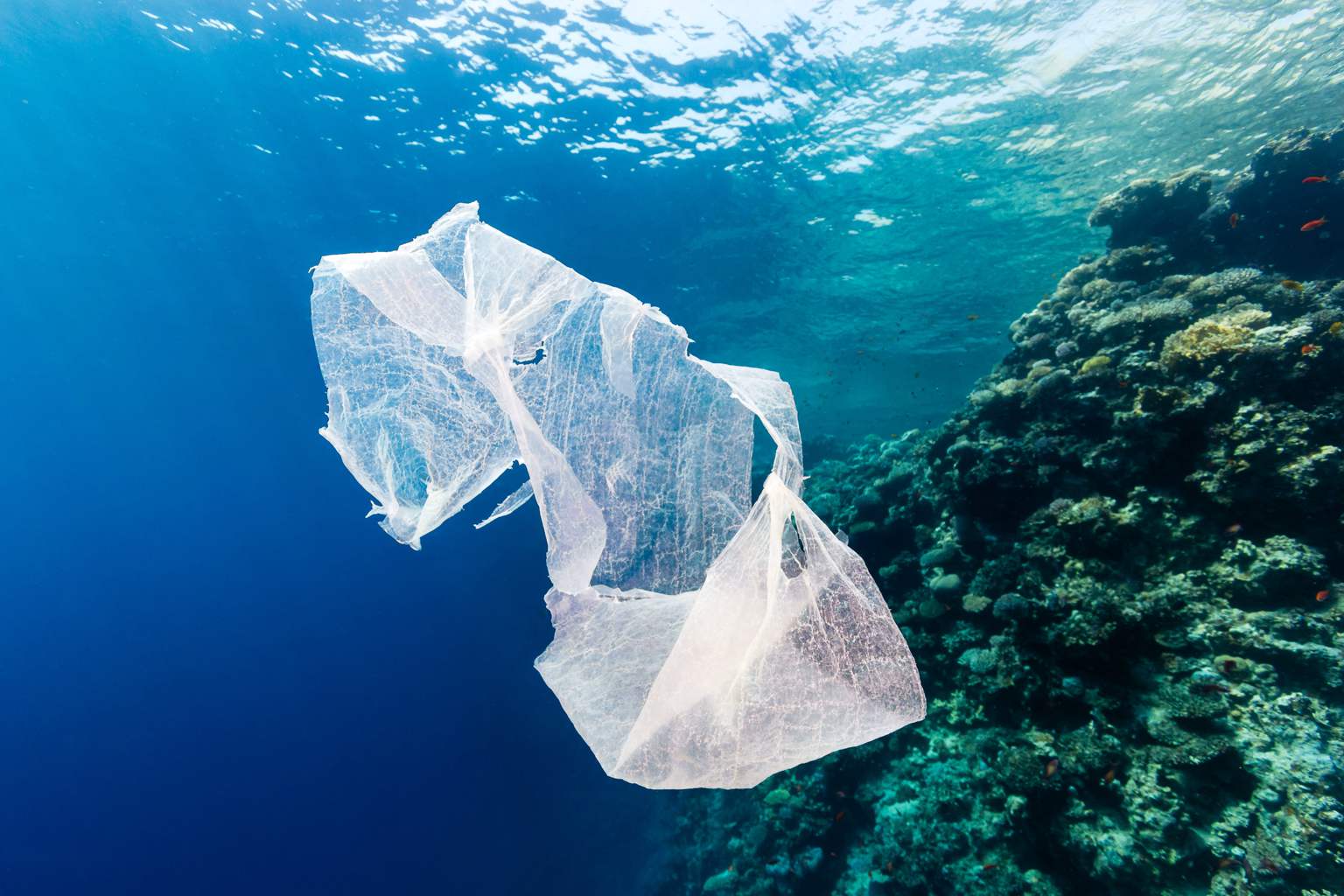Plastic pollution has become one of the most worrying threats to our planet, with plastic bags among the most common trash items choking coastal waters, rivers, and lakes. Now, a compelling new study shines a spotlight on how laws banning or charging fees on plastic bags in the United States are making a significant difference. Some places have experienced up to a 47 percent drop in plastic bag litter thanks to these environmental policies.
Plastic bag bans and fees: how policies cut pollution along coasts and waterways
Analyzing data from over 45,000 cleanup events between 2016 and 2023, researchers found a clear trend: imposing charges on plastic bags often works better than partial bans or voluntary measures. Why? Because fees discourage consumers from simply switching to thicker disposable bags, instead encouraging more mindful habits or reusable alternatives.
Full bans on single-use bags also resulted in big improvements, while partial bans—those that allow certain types of heavier bags—were less effective. The most dramatic changes occurred in places with severely polluted waters where plastic bags made up more than 13 percent of collected waste. That’s an eye-opening benchmark that shows how targeted policies can slash the presence of these harmful plastics where they are most concentrated.
Impact varies by environment: sharper reductions in lakes than in rivers or seas
The study shows that while bans and fees reduce bag litter across the board, some locations benefit more than others. Plastic litter dropped most in lakes, likely because stagnant waters limit the spread of floating bags compared to rivers or windy coastlines.
Even areas far from the ocean see notable improvements when local or state policies are in place. Statewide laws especially stand out for their broad coverage and consistent enforcement. This tells us that geography, the type of water body, and the scale of legislation all matter in fighting plastic pollution effectively.
Protecting wildlife and managing unintended consequences of bag restrictions
Reducing plastic bags doesn’t just clean up waterways—it protects animals too. The study spotted a promising 30 to 37 percent decrease in animals tangled in plastic litter, a grim but important metric of ecosystem health.
However, the journey isn’t without challenges. When bans only limit thin, flimsy bags, people often replace them with thicker plastic bags. While these are heavier and less likely to blow away, they still pose problems if not reused properly. This tug-of-war reveals that policy design must be holistic, addressing not just the bags themselves but also our cultural relationship with single-use plastics.
Reflecting on my own town’s transition to a plastic bag fee a few years ago, I remember how the inconvenience forced me to start carrying a reusable tote everywhere. It wasn’t easy at first, but over time it became a small habit that felt rewarding every time I could refuse a plastic bag at checkout. This personal change echoed the study’s message: meaningful shifts require nudges backed by solid policy.
Turning these insights into action at a global level could help prevent millions of pounds of plastic from entering waterways every year. Combined with other efforts like improving recycling and international agreements on plastic pollution, bag bans and fees represent a powerful tool in steering us toward a cleaner, healthier planet.
What changes have you noticed in your community? Have bag bans or fees influenced your shopping habits? Share your thoughts and experiences below, and let’s keep the conversation moving toward a world with less plastic waste. Don’t forget to share this article to inspire more people to rethink their plastic use!

You do realise that it was Ireland, NOT the USA, who started the idea to charge for plastic bags, amongst many other environmental ideas. The world doesn’t revolve around the USA.
Canada introduced pay for bags over twenty years ago..then it was shot down by the Supreme Court. I’ve not taken a bag from any store in 35 years. So easy..too many lazy people our there.